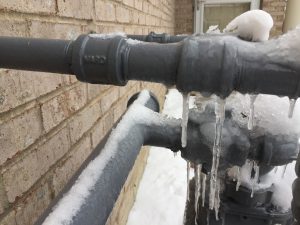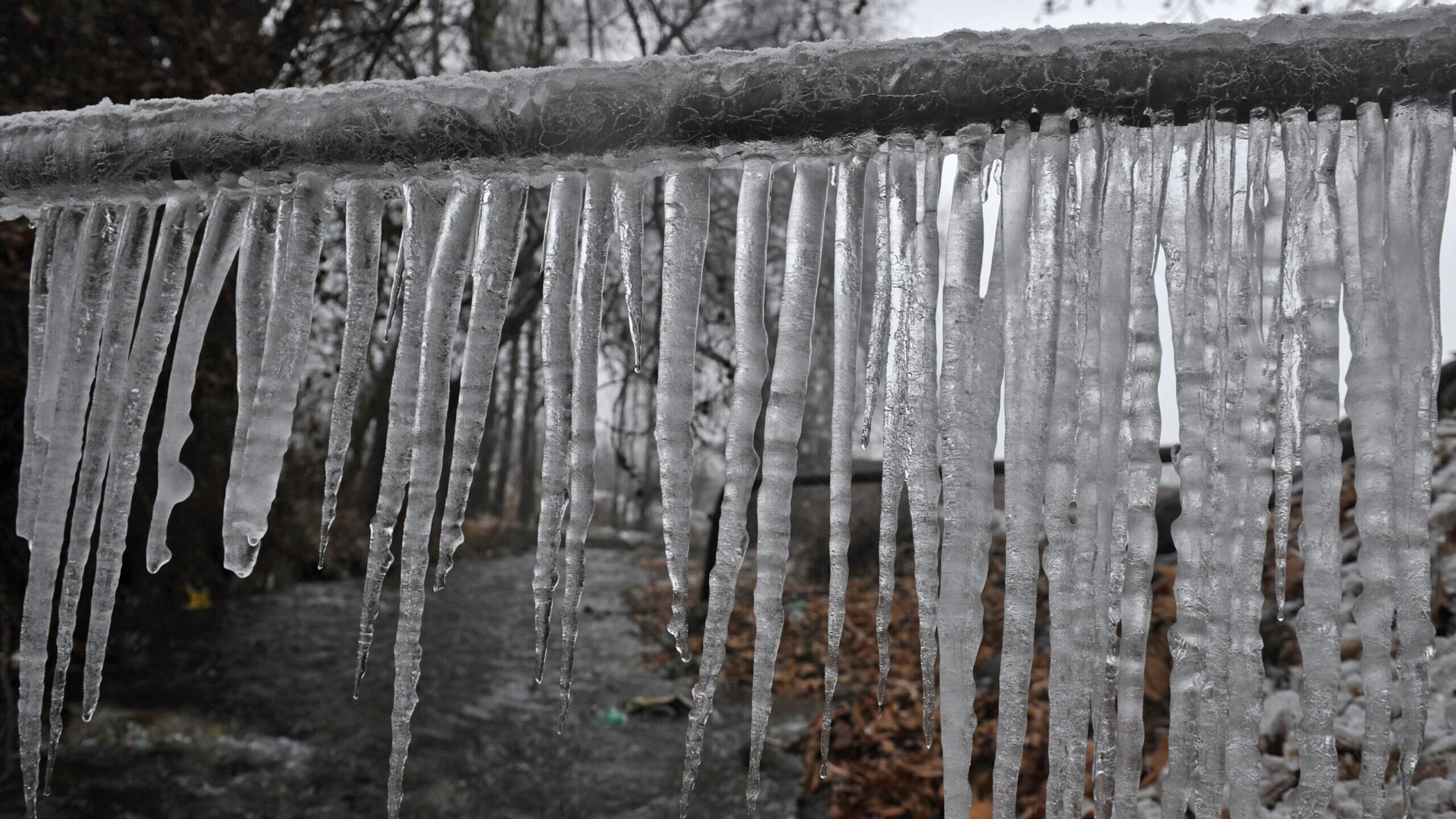Protecting Against Frozen Pipes in Cold Weather: Key Tips
Protecting Against Frozen Pipes in Cold Weather: Key Tips
Blog Article
Here underneath yow will discover additional incredibly good material regarding How to prepare your home plumbing for winter weather.

Cold weather can wreak havoc on your plumbing, especially by freezing pipelines. Here's how to prevent it from occurring and what to do if it does.
Introduction
As temperatures decrease, the danger of frozen pipes boosts, potentially resulting in expensive fixings and water damage. Recognizing exactly how to stop frozen pipelines is important for homeowners in cold environments.
Prevention Tips
Shielding prone pipelines
Cover pipes in insulation sleeves or use heat tape to safeguard them from freezing temperatures. Focus on pipes in unheated or outside locations of the home.
Home heating techniques
Maintain indoor areas sufficiently warmed, especially areas with plumbing. Open cupboard doors to enable cozy air to flow around pipes under sinks.
Exactly how to determine frozen pipes
Search for reduced water flow from faucets, unusual odors or sounds from pipelines, and visible frost on revealed pipelines.
Long-Term Solutions
Architectural modifications
Think about rerouting pipes far from outside walls or unheated areas. Include additional insulation to attics, cellars, and crawl spaces.
Updating insulation
Purchase top quality insulation for pipes, attic rooms, and walls. Appropriate insulation aids maintain constant temperatures and decreases the threat of frozen pipes.
Shielding Outdoor Plumbing
Yard tubes and exterior taps
Detach and drain pipes garden hose pipes prior to winter. Mount frost-proof faucets or cover exterior faucets with insulated caps.
Understanding Icy Pipes
What triggers pipelines to freeze?
Pipes freeze when exposed to temperature levels listed below 32 ° F (0 ° C) for extended periods. As water inside the pipes freezes, it broadens, taxing the pipeline wall surfaces and possibly causing them to burst.
Risks and damages
Frozen pipes can bring about water supply disturbances, home damages, and expensive repair work. Ruptured pipes can flood homes and trigger considerable architectural damages.
Signs of Frozen Pipes
Identifying frozen pipelines early can stop them from breaking.
What to Do If Your Pipelines Freeze
Immediate actions to take
If you think frozen pipelines, keep faucets open to alleviate pressure as the ice thaws. Utilize a hairdryer or towels soaked in hot water to thaw pipelines gradually.
Conclusion
Protecting against icy pipes requires positive measures and quick feedbacks. By comprehending the reasons, indicators, and preventive measures, home owners can safeguard their pipes throughout cold weather.
6 Proven Ways to Prevent Frozen Pipes and Protect Your Home
Disconnect and Drain Garden Hoses
Before winter arrives, start by disconnecting your garden hoses and draining any remaining water. Close the shut-off valves that supply outdoor hose bibs and leave the outdoor faucet open to allow any residual water to drain. For extra protection, consider using faucet covers throughout the colder months. It’s also important to drain water from any sprinkler supply lines following the manufacturer’s directions.
Insulate Exposed Pipes
Insulating your pipes is an effective way to prevent freezing. Pipe insulation is readily available at home improvement stores and is relatively inexpensive. Pay close attention to pipes in unheated areas such as the attic, basement, crawl spaces, or garage. Apply foam insulation generously to create a buffer against the cold. You can also wrap your pipes in heat tape or thermostat-controlled heat cables for added warmth.
Seal Air Leaks
Inspect your home for any cracks or openings that could let in cold air. Seal any holes around the piping in interior or exterior walls, as well as the sill plates where your home rests on its foundation. Additionally, make sure to keep your garage door closed unless you’re entering or exiting. Leaving it open creates a significant air leak that can lead to frozen pipes.
Allow Warm Air Circulation
During cold snaps, it’s essential to allow warm air to circulate evenly throughout your home. Leave interior doors ajar to promote better airflow. Open kitchen and bathroom cabinets to help distribute heat consistently around the rooms. If you have small children or pets, be sure to remove any household chemicals or potentially harmful cleaners from open cabinets for safety.
Let Faucets Drip
A small trickle of water can make a big difference in preventing ice formation inside your pipes. When temperatures drop significantly, start a drip of water from all faucets served by exposed pipes. This continuous flow helps prevent the water from freezing. Additionally, running a few faucets slightly can relieve pressure inside the pipes, reducing the chances of a rupture if the water inside does freeze.
https://choateshvac.com/6-proven-ways-to-prevent-frozen-pipes-and-protect-your-home/

I was shown that editorial on Preventing and dealing with frozen pipes through an acquaintance on a different domain. Do you know about anybody else who is occupied with the subject? Be sure promote it. Thanks a lot for going through it.
Source This Article Report this page